Bottom-up Data Trusts: Disturbing the 'One Size Fits All' Approach to Data Governance
Abstract
From the friends we make to the foods we like, via our shopping and sleeping habits, most aspects of our quotidian lives can now be turned into machine-readable data points. For those able to turn these data points into models predicting what we will do next, this data can be a source of wealth. For those keen to replace biased, fickle human decisions, this data—sometimes misleadingly—offers the promise of automated, increased accuracy. For those intent on modifying our behaviour, this data can help build a puppeteer’s strings. As we move from one way of framing data governance challenges to another, salient answers change accordingly. Just like the wealth redistribution way of framing those challenges tends to be met with a property-based, ‘it’s our data’ answer, when one frames the problem in terms of manipulation potential, dignity-based, human rights answers rightly prevail (via fairness and transparency-based answers to contestability concerns). Positive data-sharing aspirations tend to be raised within altogether different conversations from those aimed at addressing the above concerns. Our data Trusts proposal challenges these boundaries.


